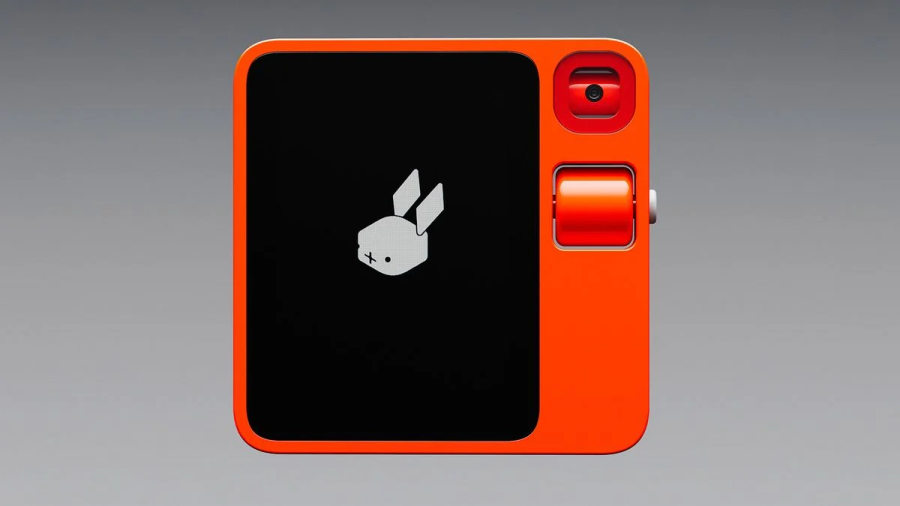Life360 is often described as an “OnStar for life,” providing its users with tools to track and protect people and things through a variety of interfaces.

The company offers IRL services such as child identification paraphernalia, medical IDs, and credit and identity protection; but they also have a cool suite of features that revolve around Internet and mobile tracking of people, objects, and even pets. Their Android application for tracking and securely messaging people even netted them a seed round from Google
The concept for the company, which was founded in the wake of Hurricane Katrina, revolves around disaster preparedness and emergency messaging. Currently, the available features include an emergency messenger that uses email, web, SMS, and phone to get messages through to emergency contacts; a thorough, web-enabled ID service that gives first responders instant access to critical information; a service for cataloging and tracking valuable items via coded tags; and identity protection services.
The mobile tracking feature – which got the company a $300,000 investment from Google – allows users to locate family members using the web interface or the mobile application. Custom privacy settings allow users to find loved ones in an emergency, check their locations, see their statuses, and retrace their previous locations. While the company states this will not make family members feel stalked, we see this app as Cheaters fodder as well as a great way to keep track of the ones you care about most during times of crisis.
The Android app allows users to access all their Life360 services from their phones. Right now, Android devices are supported, with a BlackBerry app coming soon and an iPhone app stuck in App Store purgatory.
Another “coming soon” service we thought was cool – and also excellent Cheaters fodder – is a GPS-enabled tracking dongle that can be thrown in a bag, duct-taped to the underside of a car, tossed onto a pet’s collar, stapled to a child – you name it. Life360 founder Chris Hulls told us in an email that he hopes to roll out the hardware within the next six months. “There will be an additional fee, probably in the neighborhood of $100 for the device and $10 per month for each tracked person,” he said.
Some other GPS- and mobile-enabled features Hulls plans to release within the next year are a Curfew 2.0 app, a check-in system for “distributed” families to touch base, and customized alerts for emergency notifications in a user’s specific location.









